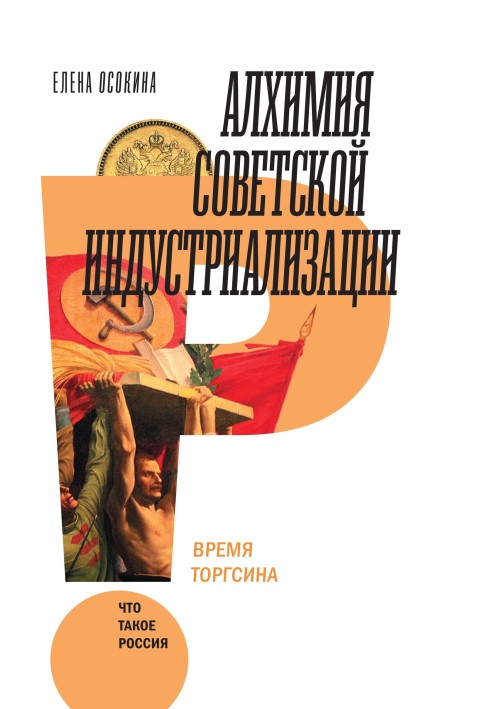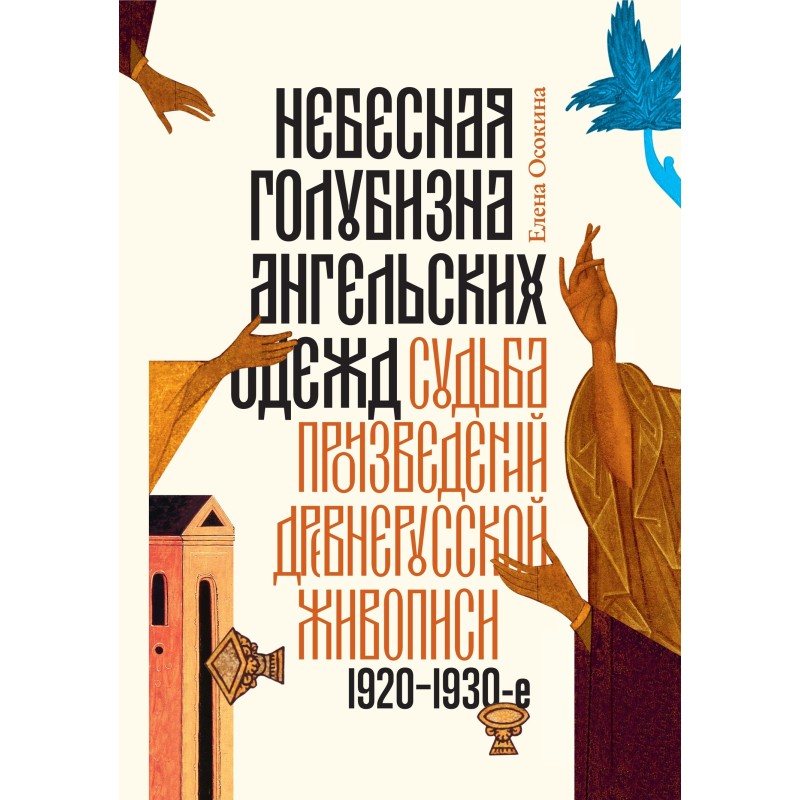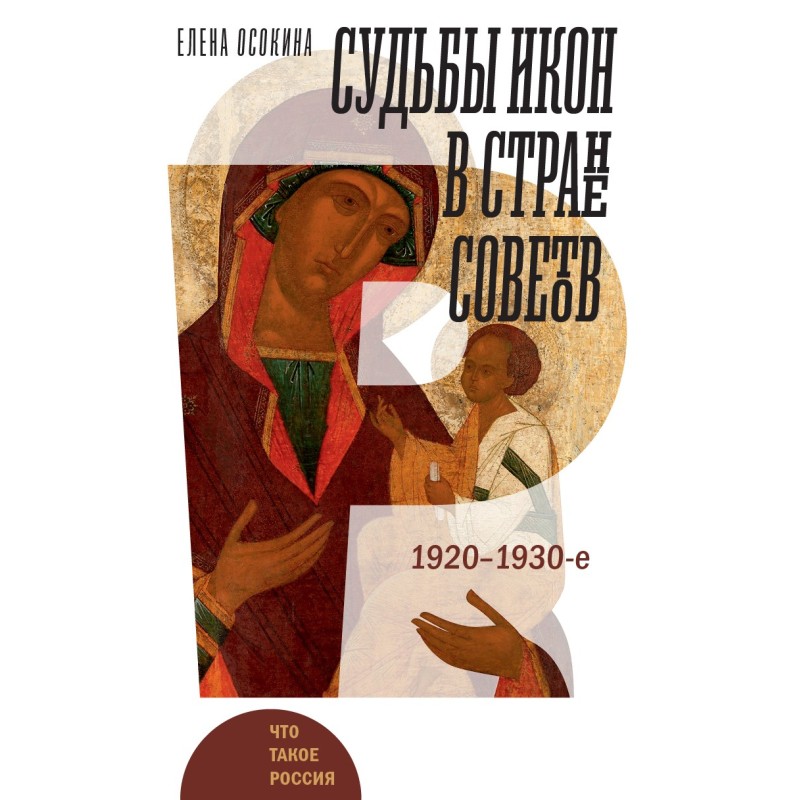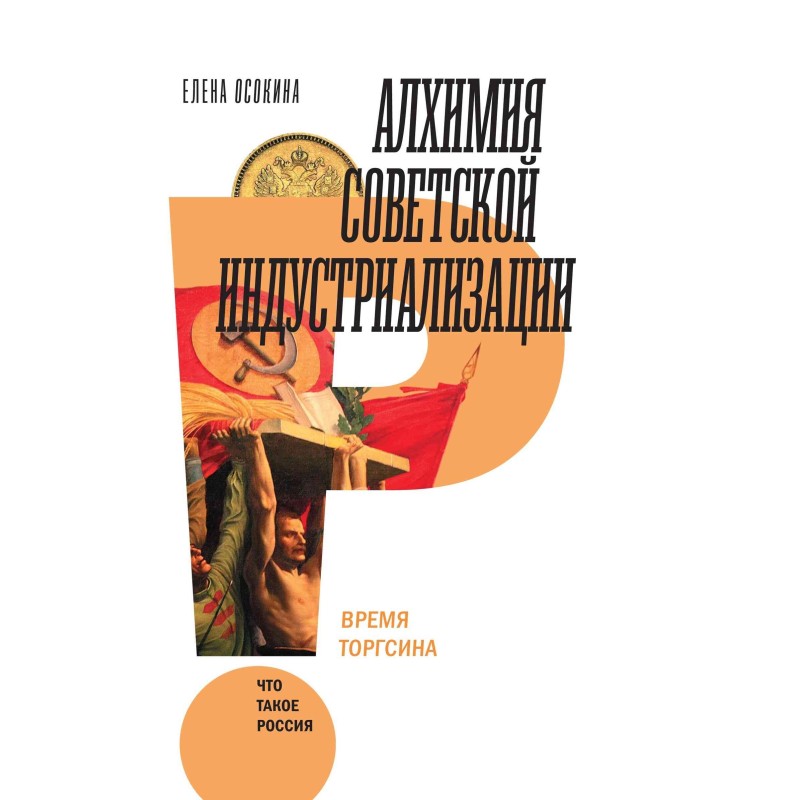The alchemy of Soviet industrialization
 Instant download
Instant download
after payment (24/7)
 Wide range of formats
Wide range of formats
(for all gadgets)
 Full book
Full book
(including for Apple and Android)
Medieval alchemists struggled to create a philosopher's stone that could turn ordinary metals into gold. Stalin's leadership managed to create his likeness. The philosophical stone of Soviet industrialization was the Torgsin stores, in which, during the hungry years of the first five-year plans, Soviet citizens were forced to exchange gold, currency, and products made of precious metals for rye flour, cereals, sugar and simple consumer goods. Torgsin became a cynical way to replenish the budget of the Soviet state, which began the modernization of the country while bankrupt and without gold and foreign exchange reserves. The peasant country's rapid leap into an industrial future was largely financed by the personal savings of its citizens. The book is full of details of everyday life in the 1930s, the era of the emergence of Soviet consumer culture, the planned economy, shortages and the black market. Elena Osokina – Doctor of Historical Sciences, professor, author of books on the socio-economic history of the first decades of Soviet power.
Data sheet
- Name of the Author
- Елена Осокина Александровна
- Language
- Ukrainian
- Release date
- 2019
Reviews
Глибоке занурення в історію та економіку
Книга "Алхімія радянської індустріалізації" є неймовірно цінним джерелом інформації про складні часи радянської історії, зокрема про період індустріалізації під керівництвом Сталіна. Олена Осокіна майстерно описує, як магазини «Торгсин» стали своєрідним філософським каменем, що дозволив державі вижити в умовах економічної скрути. Читач отримує можливість заглибитися в повсякденне життя людей 1930-х років, дізнатися про їхні труднощі, сподівання та адаптацію до нових умов. Книга сповнена цікавих деталей, які допомагають зрозуміти, як особисті заощадження громадян стали основою для фінансування індустріалізації країни. Незважаючи на деякі недоліки у перекладі, які незначно заважають сприйняттю тексту, загальна якість викладу та глибина аналізу роблять цю книгу важливим читанням для всіх, хто цікавиться історією та економікою радянської епохи. Рекомендую всім, хто хоче краще зрозуміти, як формувалася радянська споживча культура та планова економіка.

















